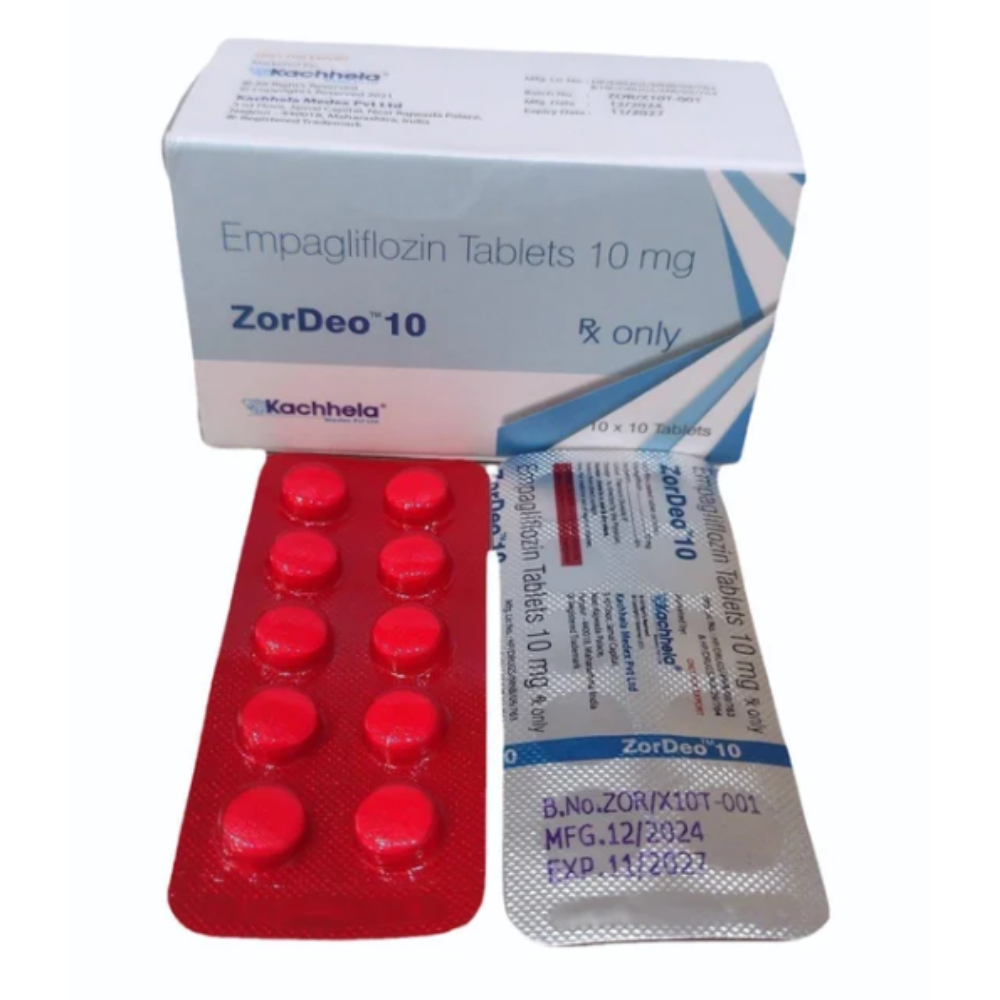Understanding the Perks and Uses of Fenbendazole in Vet Medication
Fenbendazole has actually established itself as an essential anthelmintic in vet medication. Its capability to target various parasitical infections makes it a useful tool for vets. The drug's device interferes with crucial cellular processes in bloodsuckers, bring about reliable therapy outcomes. Nonetheless, its safety and security profile ranges species, requiring mindful factor to consider in its usage. Recognizing these dynamics can shed light on fenbendazole's more comprehensive ramifications in veterinary treatment and continuous research study into its potential past typical applications
Device of Activity of Fenbendazole

Common Parasitic Infections Treated With Fenbendazole
A selection of parasitic infections are effectively treated with fenbendazole, making it a versatile alternative in veterinary medication. This anthelmintic agent is particularly reliable against nematodes, including roundworms and hookworms, which frequently affect pet dogs and cats. It is likewise used for the treatment of cestodes, such as tapeworms, offering a broad range of action against both kinds of digestive parasites. Furthermore, fenbendazole is helpful in managing infections triggered by protozoa, specifically Giardia, which can bring about intestinal distress in pets. Its efficiency reaches treating certain lungworms in dogs and felines, dealing with breathing health and wellness concerns connected to these parasites. Overall, fenbendazole's capacity to target multiple parasitical types makes it an important device in vet method, guaranteeing the health and wellness and wellness of pets influenced by these common infections.
Security and Efficiency in Different Pet Types
The security and efficacy of fenbendazole differ among various animal types, underscoring the value of species-specific considerations in vet medication. In canines, fenbendazole is typically well-tolerated and reliable against a variety of intestinal bloodsuckers, including roundworms and hookworms. For felines, however, its use is much less common and might require mindful application because of prospective unfavorable reactions.
In animals, such as livestock and lamb, fenbendazole demonstrates effectiveness versus numerous endoparasites, adding to boosted health and wellness and productivity. Nonetheless, the pharmacokinetics and possible adverse effects can differ substantially in between species, requiring cautious analysis by vets.
Horses additionally respond positively to fenbendazole, particularly for dealing with strongyles and ascarids, though dose and administration routes need to be customized to their special physiology. As a result, comprehending these differences is crucial for maximizing therapy end results and making sure pet well-being throughout diverse varieties.
Management and Dosage Guidelines
Correct administration and dose standards are vital for making the most of the therapeutic impacts of fenbendazole while lessening prospective adverse effects. The dosage commonly varies relying on the species being treated, the details problem, and the formula of fenbendazole utilized. fenbendazole. For pets and felines, a typical dose is 50 mg/kg body weight, carried out when daily for three consecutive days, however veterinarians might adjust this based upon specific wellness analyses
It is vital to administer fenbendazole with food to improve absorption and reduce gastrointestinal upset. The medicine is offered in different kinds, consisting straight from the source of granules and paste, enabling flexible management options. Monitoring the animal's action throughout and after treatment is a good idea to confirm effectiveness and security. Furthermore, veterinary guidance is important to identify the proper duration of treatment based on the sort of parasitical infection being addressed, guaranteeing suitable end results for the animal's health.
Future Perspectives and Research Study on Fenbendazole
Research study on fenbendazole remains to evolve, concentrating on its prospective applications past conventional YOURURL.com antiparasitic uses. Recent researches have actually discovered its performance in dealing with various kinds of cancer, specifically in vet oncology. Preliminary information recommend that fenbendazole may prevent the development of tumor cells and improve the effects of various other chemotherapeutic agents.
Researchers are investigating its function in handling intestinal disorders in pets, highlighting its anti-inflammatory buildings. The versatility of fenbendazole for various types elevates questions about its safety and security accounts and suitable application regimens in diverse populations.
As interest grows, there is a requirement for extensive clinical tests to develop evidence-based guidelines for these novel applications. Future research might also examine the systems behind fenbendazole's impacts, potentially leading the way for ingenious therapeutic approaches in veterinary medication. The ongoing exploration of fenbendazole might considerably enhance treatment options for different veterinary conditions.

Frequently Asked Questions
Is Fenbendazole Safe for Pregnant Animals?
The security of fenbendazole for expecting pets stays unpredictable. While some studies suggest marginal risk, vets commonly suggest care and frequently recommend against its usage during maternity unless the benefits clearly surpass prospective risks.
Can Fenbendazole Be Utilized in Livestock?
Fenbendazole is generally made use of in livestock to treat numerous parasitic infections. fenbendazole. Its efficacy against stomach worms makes it a useful anthelmintic, contributing to improved wellness and efficiency in pets raised for food and fiber
What Are the Negative Effects of Fenbendazole?

The adverse effects of fenbendazole might include gastrointestinal disruptions, lethargy, and sensitive reactions. In uncommon situations, a lot more serious reactions could happen, requiring mindful surveillance and examination with a veterinarian throughout treatment.
How Does Fenbendazole Contrast to Various Other Dewormers?
Fenbendazole uses broad-spectrum efficacy against various parasites, often contrasting positively to various other dewormers. Its distinct system targets various life stages, making it efficient, while generally providing a desirable safety and security profile contrasted to choices available on the market.
Can Fenbendazole Be Used for Treating Cancer Cells in Pets?
The potential of fenbendazole in treating cancer cells in pet dogs has amassed interest. Initial research studies recommend it might inhibit cancer cells cell development, useful site however better research is necessary to confirm its efficiency and security in veterinary oncology.